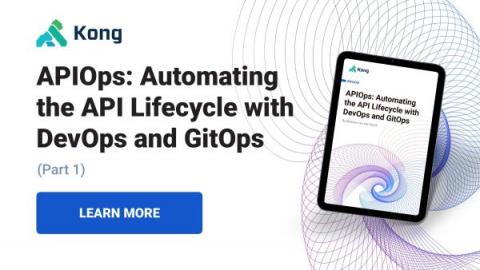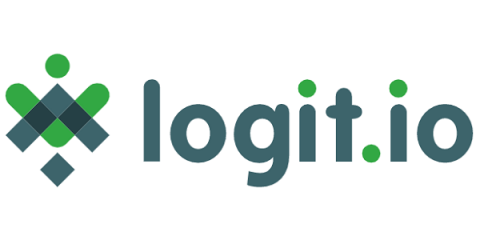How to Automate Apache NiFi Data Flow Deployments in the Public Cloud
With the latest release of Cloudera DataFlow for the Public Cloud (CDF-PC) we added new CLI capabilities that allow you to automate data flow deployments, making it easier than ever before to incorporate Apache NiFi flow deployments into your CI/CD pipelines. This blog post walks you through the data flow development lifecycle and how you can use APIs in CDP Public Cloud to fully automate your flow deployments.











